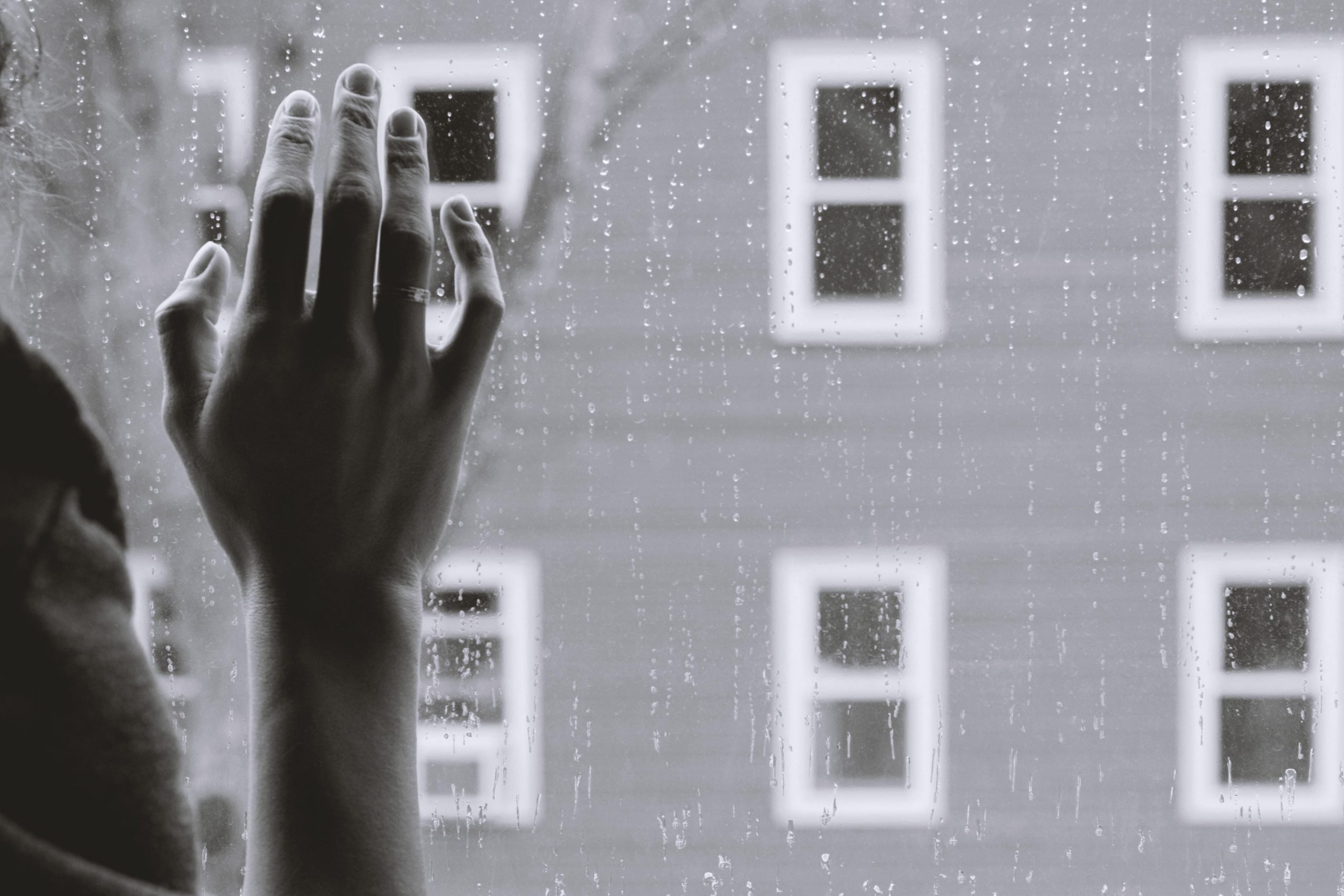Coping with the loss of a loved one is one of the hardest challenges in life. When you lose a parent, spouse, sibling, or close friend, the grief can be intense. Although losing someone is a part of the natural progression of life, it is normal to feel resentful. You also feel overwhelmed with shock and confusion. The sense of loss can even lead to depression.
Typically, the intensity of your sadness diminishes over time. The painful loss of a loved one becomes less raw after the burial. And with each passing day, you slowly learn to accept your new normal and move on. That being said, it is also prudent to remember that grief has no timetable, so don’t pressure yourself into feeling okay immediately.
Besides, crying is an important part of the healing journey. So instead of suppressing your emotions, embrace them so you don’t accumulate ill feelings and negative thoughts, which can lead to self-harm. If you are experiencing this kind of situation, here are some helpful strategies to help you process and come to terms with your loss.
Surround Yourself With Loved Ones
You may feel tempted to avoid people because you feel no one understands what you’re going through. Doing so can lead to isolation which will only disrupt the healing process. Enduring alone will make your problems more burdensome and increase your risk for long-term depression.
Instead, it would help to have social support from people you feel close with during these trying times. Speaking to your family and friends about the death of your loved one will feel cathartic. Talking about what happened will help you release your pent-up emotions. Besides, speaking about your loved one’s memories is one way to honor the deceased.
Turn to Helpful Reading Materials
Mourning is natural to help you accept a major loss. However, when you dwell on your sadness, your feelings can spiral out of control. This is dangerous because you can lose your zest for life and will to live. Remember, your departed loved one would not want to see you in perpetual suffering because of their demise.
The best way to honor a person’s memory is to remember them in your heart and continue living a good life. To help you find the motivation, it would help to read self-help materials. Doing so would keep your mind occupied. Besides, these reading materials can help deal with the loss and inspire you to find a renewed sense of meaning in your life.
Check out these helpful books:
Grief: How to Go On Living When Someone Dies by Therese Rando (Amazon Link)
When Bad Things Happen to Good People by Harold Kushner (Amazon Link)
It’s Okay That You’re Not Okay by Megan Divine (Amazon Link)
Tuesdays with Morrie by Rich Albom (Amazon Link)
Pen Your Thoughts Into Words
Though humans are naturally resilient and can continue with life after a loss, some find it harder to deal with intense emotions. If you feel confused and overwhelmed, it will help write your thoughts into words to decompress. You can use a journal or type on your computer. Engaging in this activity means putting your senses into good use and utilizing time wisely. Most of all, writing can help you accept your feelings.
It is common for the bereaved to feel a broad range of emotions like sadness, denial, anger, regret, guilt, etc. Bear in mind, it is important to recognize what you are feeling. And assuage yourself that these feelings are normal. Seeing your thoughts in black and white will help you manage your emotions and get back on track.
Make Time for Self-Care and Care for Others
It is vital to take care of yourself and your loved ones. This is even more critical during trying times because grieving can take a toll on the human body. Make sure your children, parents, or siblings take the necessary steps to stay healthy and strong. After all, you don’t want anyone to get sick shortly after the death of a loved one. Try to follow these helpful habits:
Eat healthy food
Get plenty of rest
Find time for exercise (even a simple walk)
Make time for hygiene habits
Take maintenance medication
Reaching out to others, especially those who share your grief, can help you all cope. Whether it’s sharing a simple meal, listening to your departed loved one’s favorite playlist, or watching a movie, these small efforts have a positive impact on everyone. You will feel so much better after checking up on family and friends.
Speak to a Mental Health Professional
It would help to speak with a grief counselor after the memorials. Although everyone reacts differently to death, it would help to seek professional input, especially if what you’re facing is more complicated. Typically, in a normal death like cancer or old age, people can recover independently with time.
However, those who lose a loved one through a violent crime or an unexpected health issue like a heart attack find it much harder to cope and accept the loss. Besides, if you have a complex relationship with the deceased, this adds a new dimension to your mourning. In these instances, it can be much harder to heal and adjust to your new life situation.
If you find yourself unable to carry out normal day-to-day functions or you’re grappling with the sadness for excessively long periods, it will help to speak to a mental healthcare specialist. Grief counselors are trained to help you handle the anxiety associated with the death of a loved one. They can teach you coping tools to help with your sadness and help you get back on your feet.


